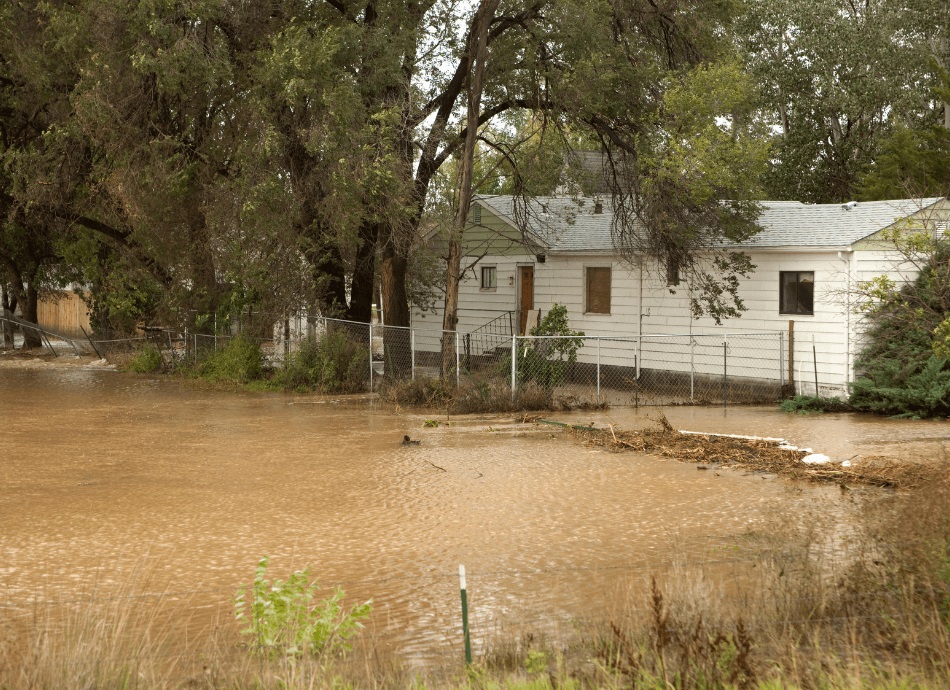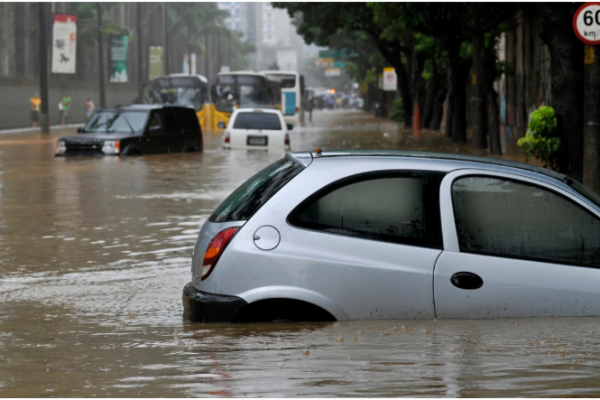Wishing everyone happy holidays and a joyful New Year from the Healthify team. Don't forget to Slip, Slop, Slap and Wrap!
Food safety in an emergency
Key points about food safety in an emergency
- Natural disasters and events like floods, storms, power cuts and earthquakes can affect your access to clean water and power.
- This can make it harder to keep your food safe for eating.
- Here are some tips for avoiding getting sick from food during a natural disaster.

If you need information about where to get help due to a natural disaster or flooding:
Visit the National Emergency Management Agency (Civil Defence)(external link) for latest guidance and updates
OR
Find your local civil defence group(external link).
During a natural disaster, a number of things may occur that put your food safety at risk:
- fridges, freezers, and ovens may break down, and food could spoil more quickly
- water supplies could get cut off or get polluted
- sewerage systems could get disrupted.
This puts you at risk of getting foodborne illness. Read more about food safety and foodborne illness.
Follow these steps for storage and the order to eat foods in
- Eat foods that will expire soon first, eg, eat bread and meat first because they spoil more quickly than non-perishable food.
- Eat canned foods last.
- Open the fridge and freezer as little as possible to help keep it cooler for longer.
- Don't eat vegetables or fruits that have been lying in floodwater.
- Cover all food with plastic wrap, or store in waterproof containers.
- Leave bottles, drink cans and water containers in the fridge (if it’s working) to keep things cold.
- Throw out bad or rotting food before it spoils other food.
Focus on hygiene when preparing and cooking food
It's harder to keep everything clean when preparing and cooking food in an emergency situation. You may need to think more about how to do it than you usually would. Follow these tips for safe preparation and cooking of food:
- Always wash and dry your hands before preparing food – if water is in short supply keep some in a bowl with disinfectant.
- Ensure all kitchen utensils are clean before use.
- Cook food thoroughly.
- Cover all food with plastic wrap or store in waterproof containers.
- Rubbish containing food scraps must be protected from flies and rats by wrapping the scraps or putting them in a sealed container.
Make sure water is clean
Boil or purify water before using it in food preparation. This helps to avoid spreading viruses and bacteria between food. Once boiled, cover and store food in a clean container and place in the fridge (if it's working) or in some other cool place. Re-boil the water if it is not used within 24 hours.

Image credit: Canva
If you do not have power to boil water then add purifying tablets or bleach to ensure its safety. Add 5 drops of household bleach per litre of water (or half a teaspoon for 10 litres) and leave for 30 minutes. Don't use bleaches that contain added scent or perfume, surfactants or other additives – they can make you sick.
You can also use bottled water.
To wash dishes and wash your hands, you can use water from:
- a hot water cylinder
- a toilet cistern – as long as no chemical toilet cleaner has been added
- a spa/swimming pool to wash yourself and your family/whānau.
Knowing what is safe to eat during the clean-up phase after an emergency can also be difficult. Follow these tips to prevent you or your family getting sick:
- Check the food – does it smell or look different? Has the colour changed and does it have a slimy texture? If so, it's probably not safe to eat.
- If food is still visibly frozen (eg, it still has ice crystals on it), and packaging isn't damaged or open, you can still safely refreeze it.
- You should not refreeze food that has defrosted.
- You can still keep or use food that was frozen but has defrosted, you just need to keep it cold (like in the fridge).
- Don't use any tinned food that has been damaged (eg, if the can has broken open, become deeply dented, or is heavily rusted).
Protecting your health in an emergency(external link) HealthEd, NZ, 2019
References
- Food safety in natural disasters and emergencies(external link) Ministry for Primary Industries, NZ
Credits: Healthify editorial team. Healthify is brought to you by Health Navigator Charitable Trust.
Page last updated:





